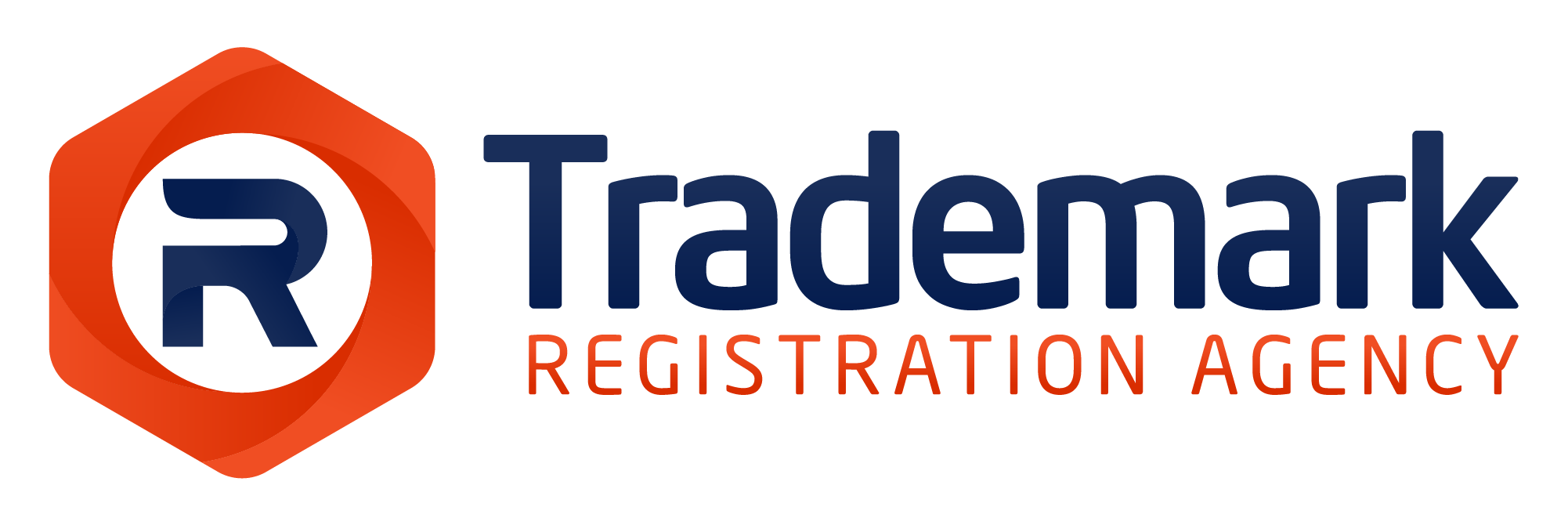In the competitive landscape of business, trademarks play a pivotal role in distinguishing one’s products or services from those of competitors. To safeguard these valuable assets, businesses often turn to trademark registration agencies. This article explores the significance of these agencies, the process of trademark registration, and the benefits that businesses can derive from securing a registered trademark.
I. What is a Trademark?
A trademark is a symbol, word, phrase, or design that identifies and distinguishes the source of goods or services of one party from those of others. It serves as a unique identifier and is crucial for brand recognition and consumer trust.
II. The Importance of Trademark Registration:
-
Legal Protection: Trademark registration provides legal protection to the owner, granting exclusive rights to use the mark in connection with specific goods or services. This protection extends nationwide, offering a powerful tool to prevent others from using similar marks.
-
Brand Recognition: A registered trademark enhances brand recognition and establishes a strong association between the mark and the quality of goods or services. This recognition is invaluable in building customer trust and loyalty.
-
Asset Value: Registered trademarks are valuable assets that can appreciate over time. They can be licensed, franchised, or sold, contributing to the overall value of a business.
III. The Role of Trademark Registration Agencies:
trademark registration agency can be a complex process, involving legal intricacies and specific requirements. Trademark registration agencies specialize in guiding businesses through this process, offering a range of services to ensure the successful registration and protection of trademarks.
-
Search and Analysis: Before filing a trademark application, agencies conduct comprehensive searches to determine the availability of the proposed mark. This involves analyzing existing trademarks to avoid conflicts and potential legal issues.
-
Application Preparation: Agencies assist businesses in preparing and filing trademark applications with the relevant authorities. This includes ensuring that all necessary documentation is complete and accurate.
-
Prosecution and Responding to Office Actions: During the application process, trademark offices may issue office actions, raising concerns or requesting additional information. Trademark agencies help navigate these challenges, responding appropriately to ensure a smooth application process.
-
Renewals and Maintenance: Trademark registration is not a one-time process; it requires periodic renewals and maintenance. Trademark agencies help businesses stay compliant with renewal requirements, ensuring ongoing protection.
-
Enforcement and Litigation: In case of trademark infringement or disputes, agencies can assist in enforcing trademark rights. This may involve sending cease-and-desist letters or representing the business in legal proceedings.
IV. The Trademark Registration Process:
-
Pre-Filing Considerations: Before filing a trademark application, businesses should carefully choose a distinctive and protectable mark. Agencies can provide guidance on creating a strong trademark.
-
Application Filing: The trademark registration process begins with filing an application with the relevant trademark office. This includes submitting details about the mark, its intended use, and the goods or services it will represent.
-
Examination: The trademark office examines the application to ensure it meets all legal requirements. This may involve assessing the distinctiveness of the mark and checking for potential conflicts with existing trademarks.
-
Publication: If the application passes the examination, it is typically published in an official gazette. This allows third parties to oppose the registration if they believe it infringes on their existing rights.
-
Registration: If there are no oppositions or if opposition proceedings are resolved in favor of the applicant, the trademark is registered. The owner is then granted exclusive rights to use the mark in connection with the specified goods or services.
V. Benefits of Trademark Registration:
-
Exclusive Rights: Registered trademark owners enjoy exclusive rights to use the mark, providing a legal foundation for protecting their brand identity.
-
National and International Protection: Trademark registration offers protection at both the national and international levels, providing a broader scope of coverage.
-
Deterrence: A registered trademark serves as a deterrent to potential infringers, signaling that the owner is serious about protecting their brand.
-
Legal Recourse: In the event of infringement, registered trademark owners have legal recourse, including the ability to seek damages, injunctions, and other remedies.
-
Business Credibility: Consumers often associate registered trademarks with credibility and professionalism, enhancing the reputation of the business.
Conclusion:
Trademark registration agencies play a crucial role in helping businesses navigate the complex process of protecting their intellectual property. From conducting thorough searches to guiding clients through the application process and beyond, these agencies contribute to the legal and financial well-being of businesses. As trademarks continue to be essential assets in the business world, the expertise provided by these agencies becomes increasingly valuable in safeguarding and maximizing the potential of brands.


